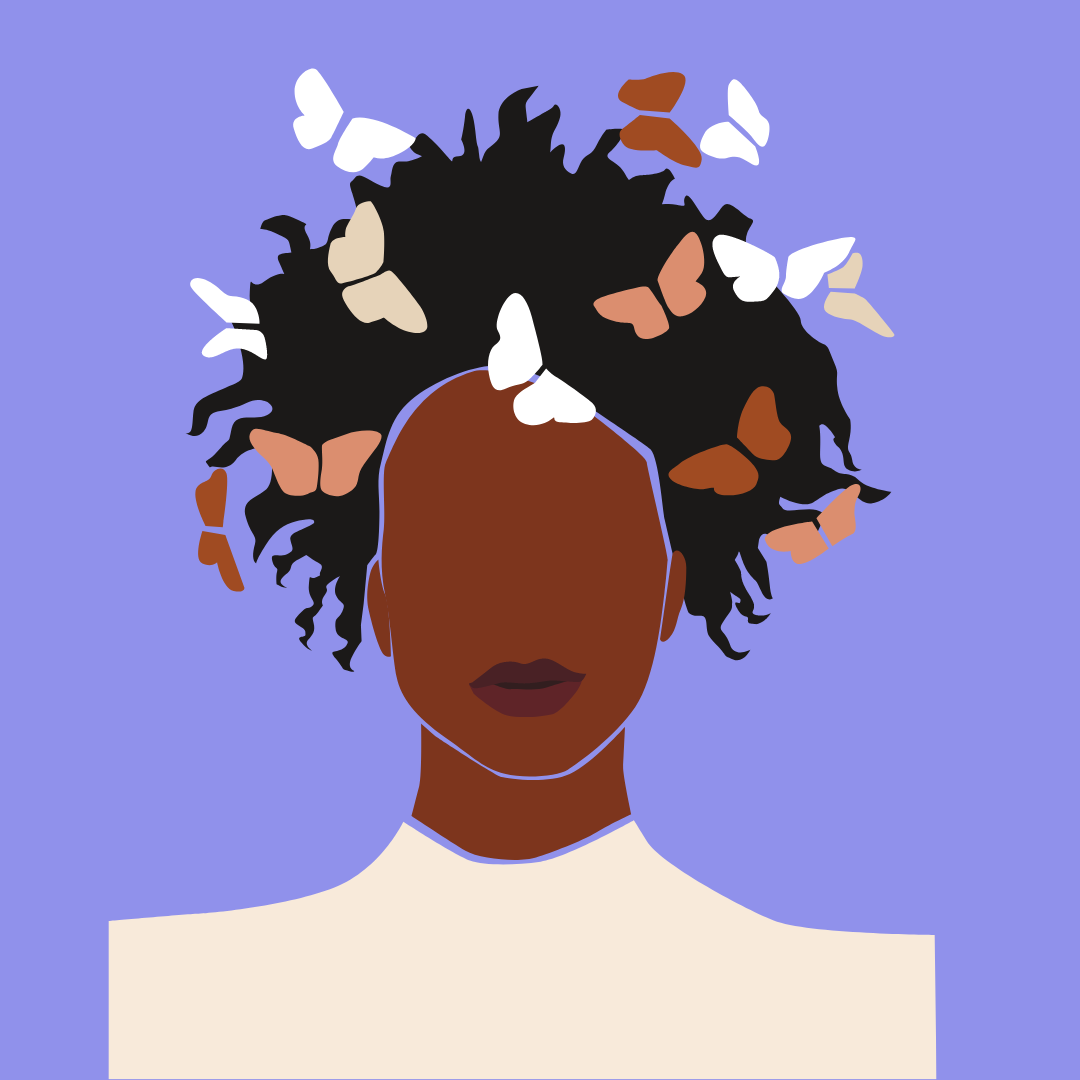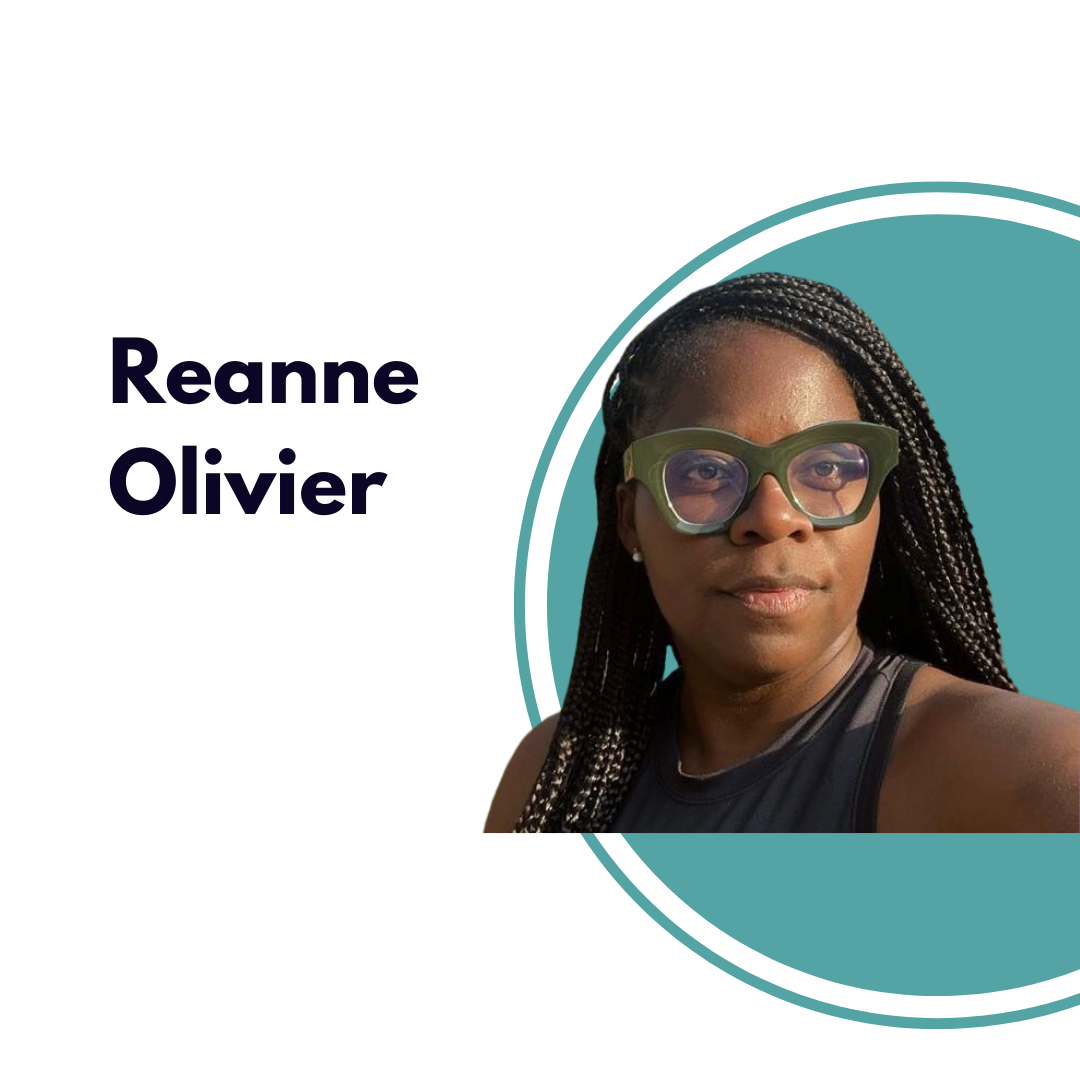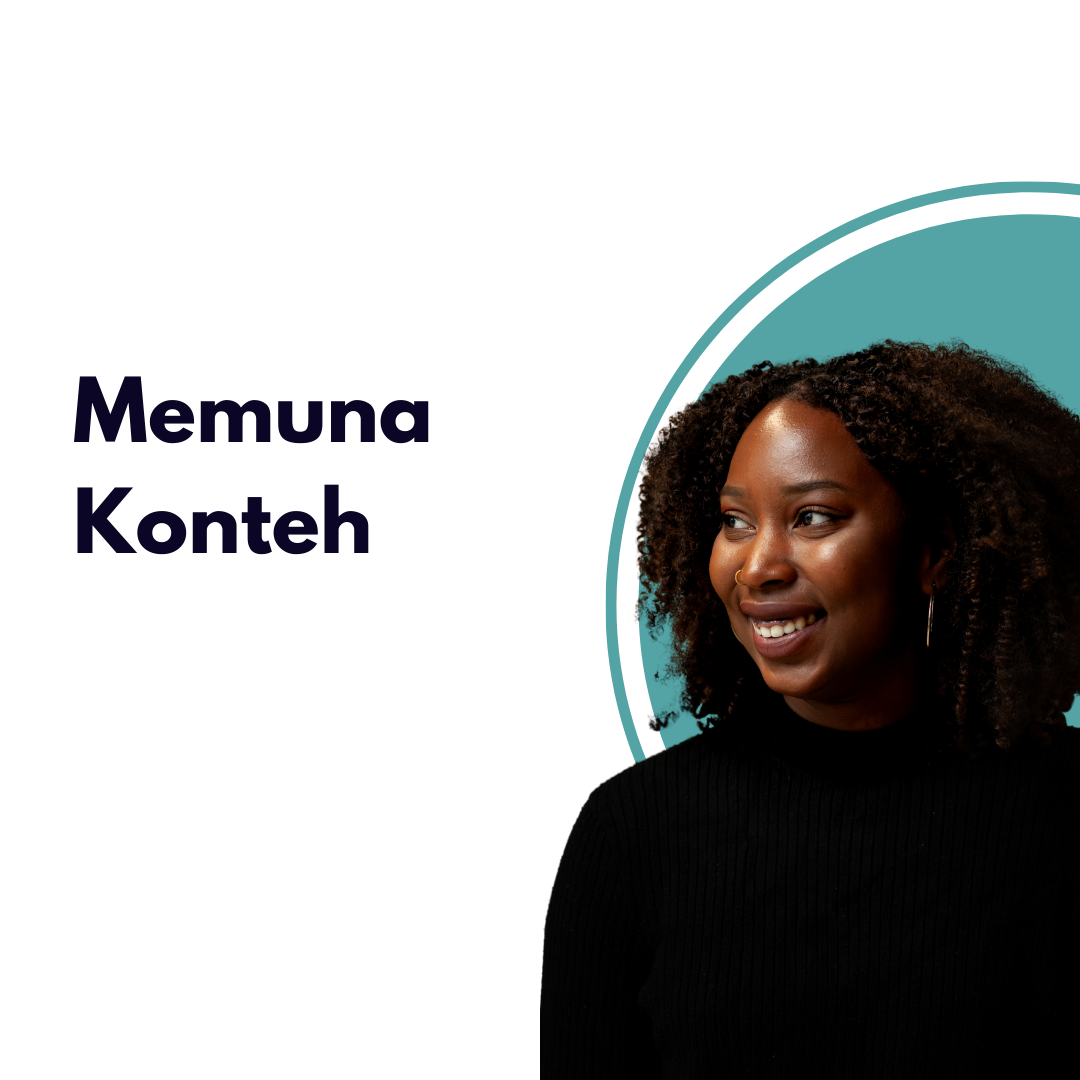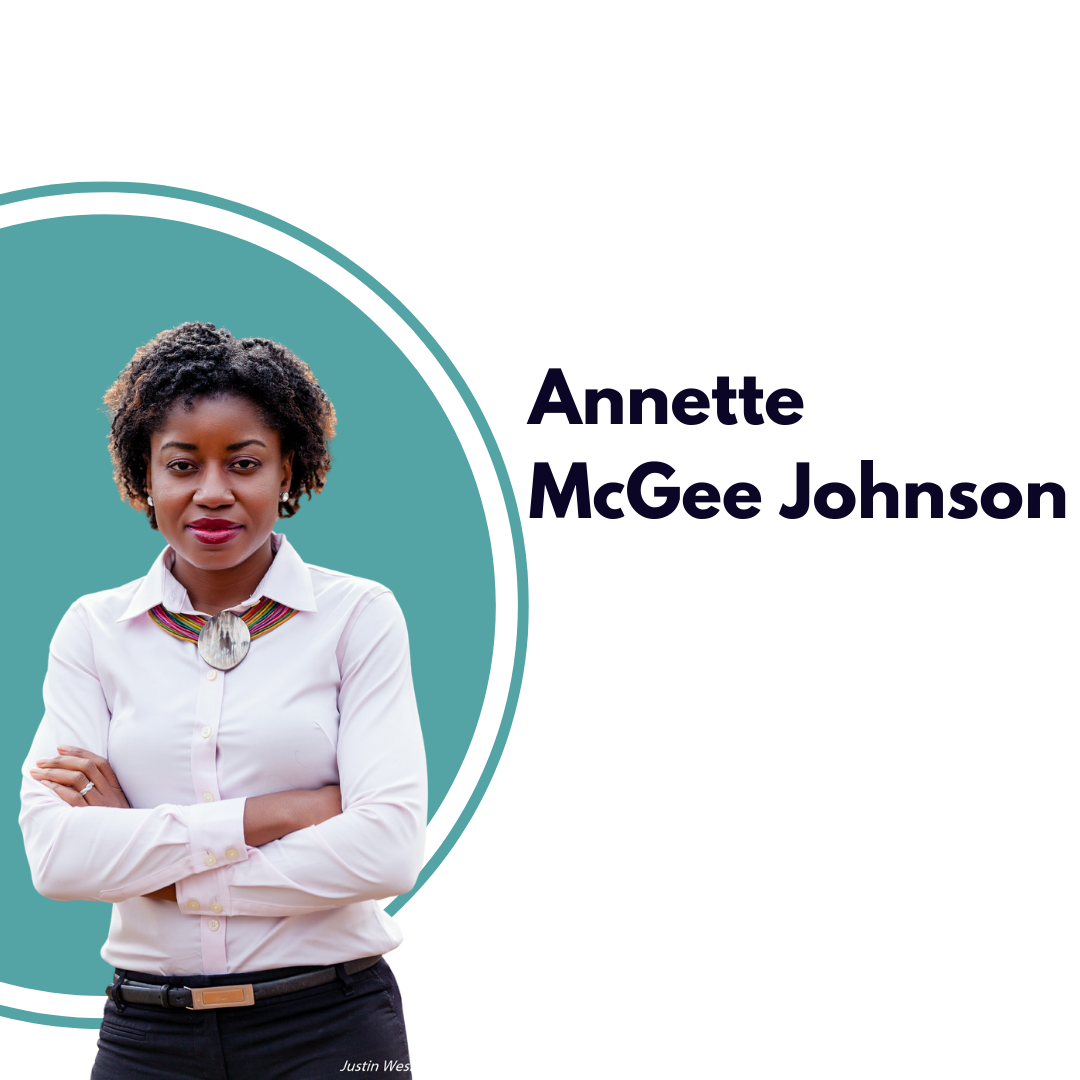I started to suspect that I had ADHD my first year of middle (intermediate) school, although I didn’t have a word for it at the time. ADHD stands for attention deficit hyperactivity disorder, which is characterized by symptoms such as a short attention span, impulsivity, and hyperactivity. It’s usually hard for people with ADHD to focus for long periods of time or stay on task, traits which I started to notice in myself after I graduated from elementary school. Gone were the short classes, recess, and nap times of primary school, and I was struggling. I received dozens upon dozens of papers and packets everyday that I couldn’t seem to keep track of. No matter how much time and effort I put into organizing them, by the end of the week, it would look like I hadn’t cleaned it at all. I couldn’t concentrate in my classes, no matter how hard I tried. My body was there, but the more I wanted to focus, the more my mind would get distracted and drift off to the other thoughts that were floating around in my head. It felt like there was a ball of energy in the pit of my stomach, as if I could simply run laps around the classroom without getting tired. I simply had to move or fidget or doodle to keep my mind from becoming horribly numb.
My teachers said that the transition to middle school is hard for everyone, and that I would be okay once I adjust, so I didn’t investigate further. My mom got me fancy notebooks, colored pencils, and agendas, so that I could keep track of all my stuff. However, months went on, and I was still falling behind, even with slightly better organizational skills and a dedicated attitude. In class, I understood what my teachers said just fine, but I had trouble making sense of and internalizing what they were saying if it did not interest me. The information just didn’t stick in my brain. My dad would always tell me that spending time with my homework would help me understand, but I was frustrated because it took so much studying for me to remember the smallest bit of information. I knew I was smart, but it was hard for me to prove it because my memorization was poor. Even though I had an agenda and notepads to keep track of things, I still forgot important tests and quizzes, and was late to things all the time. I felt so foggy and confused, time moved faster than I could keep track of, and I lost motivation to try. It was only when I confided in my parents and teachers that I still wasn’t doing well that things got better for me.
My parents took me to a specialist, and after a few of years of misdiagnoses, I was diagnosed with ADHD. I finally started to feel some relief once I learned that there was a word for people like me, and that I simply wasn’t lazy or unable to understand. I was sad for all those years that I felt misunderstood, but it felt good to be validated by that diagnosis, to know that my efforts all this time weren’t in vain, and that I really was trying. It turns out, Black girls are typically underdiagnosed with ADHD, usually because they do not exhibit the usual symptoms that are portrayed by young boys. Girls are more likely to have inattentive ADHD, which is what I was diagnosed with. Inattentive ADHD is not usually characterized by reckless and impulsive behavior, but rather disorganized, unfocused behavior. The latter isn’t usually as noticeable to teachers or parents the way hyperactive ADHD is. According the the Center for Disease Control and Prevention boys are more than twice as likely to receive an ADHD diagnosis than girls. It has also been found that Black children are 69% less likely to receive an ADHD diagnosis than their white counterparts. My inattentiveness was seen as laziness and my impulsivity was seen as defiance, as it is for so many other black girls who struggle with this disorder. Many get diagnosed much later in life than men or their white counterparts due to factors like bias in the psychiatry system or simply lack of resources, such as lack of understanding of what ADHD is, lack of support from friends in family, or lack of care. ADHD can be a very frustrating disorder to have, especially when you are in the dark about how to care for it. Though we may be underdiagnosed as a group, I want more black girls out there who might be struggling with the ADHD to know that they are not alone.
Joy Young
(Memunatu Editorial Fellow)





